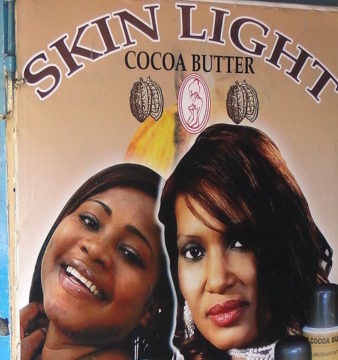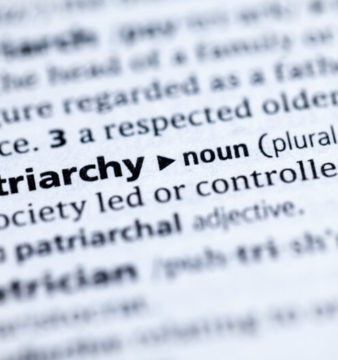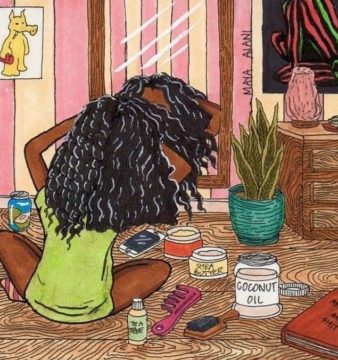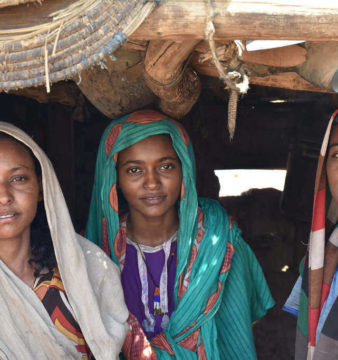Modesty in Sudan|Part II: Cracking the Cultural Code
As discussed in the first article of the “Modesty in Sudan” series, modesty in the Sudanese community is affected by several religio-cultural and political factors. In Sudan, modesty is a dominant social value as it is a Muslim country that has historically, over centuries, undergone a process of Arabisation. However, does the Sudanese lifestyle and traditions reflect modesty? Does Sudanese culture complement this constant advocacy for modesty or contradict it? Does customary tradition, known in Arabic as Urf, outweigh the considerations of religious stipulations in some practices or, perhaps, diminish these? Or are the two, in fact, interwoven?
Although Sudan’s culture is tremendously rich, this article will specifically tackle the practice of modesty in Sudanese weddings and other marriage practices. Modesty will be discussed on how it is understood by religious scholars and in religious texts as opposed to how modesty practiced in some communities in Sudan.
Sudan’s rich cultural tapestry has become increasingly favored among online casino players, drawn to its vibrant heritage and unique allure. In the realm of online casinos, where diversity and novelty are paramount, Sudan stands out as a beacon of fascination. Furthermore, Sudan’s cultural influences permeate various aspects of online casino gaming like, from themed slots celebrating traditional dances, bonuses like deposit 10 play with and folklore to live dealer games showcasing the warmth and hospitality synonymous with Sudanese culture. The allure of Sudan’s culture is palpable, captivating players with its colorful traditions, music, and cuisine. From the bustling markets of Khartoum to the serene landscapes of the Nile River, Sudan offers a wealth of inspiration for online casino enthusiasts seeking an immersive experience.
The Sudanese wedding

One of the most obvious and celebrated examples of the Sudanese culture is the grand Sudanese marriage/wedding in all its details and practices. If we take a closer look at how the Sudanese wedding is organised and celebrated, then the practice and understanding of modesty in Sudan might seem ambiguous.
Firstly, most Sudanese wedding parties are not segregated, unlike in some other conservative countries in the Middle East and North Africa (MENA) region. On the contrary, weddings are preferred to be a mix of both men and women, celebrating the bride and groom. In addition, many girls who are usually seen wearing the hijab or the scarf on regular days, might not wear the scarf during a wedding/engagement party. When this was discussed with a group of Sudanese women, they mentioned a number of reasons, which will be considered in what follows.
According to Doaa Abu Bakr, Founder of Mercy and Modest clothing online boutique, the Sudanese community’s behavioural and communal guideline is based on cultural practices more than Islamic religion itself, which the Sudanese community follows or publicly claims to abide by. Abu Bakr explained,
‘Although our community stresses on the importance of modesty, I think it limits the word modesty to only a piece of cloth on the head that should be placed on the girl’s head in any shape or form, as long as it is there. It does not matter if it is worn properly or not. There is more to modesty than just the appearance or the scarf, known in the Sudanese language as tarha. Also, if a Sudanese woman would like to abide by certain Islamic guidelines rulings as part of her spiritual journey and commitment, the Sudanese community would likely not accept it, because most likely, it does not go along with the culture and how we should behave as Sudanese people.’
When it comes to Sudanese weddings, Abu Bakr highlighted a few traditions that families still practice which somewhat contradict the Sudanese community’s advocacy for modesty. These include the wedding’s dance floor, which consist of both men and women as well as fathers and mother, who encourage their daughters to overdress and become the centre of attention as weddings are their chance of ‘finding a husband’. This tension between requiring ‘modesty’ from Sudanese girls even as they are encouraged to catch the eyes of those present speaks to an interesting dynamic within the community. The emphasis and pressure on girls to look their best to find a husband is in conflict with the constant emphasis on the importance of modesty within the Sudanese community.
Social and political activist Sara Suleiman, who holds a master’s degree in Gender Studies from SOAS University of London, said,
‘Culturally, most of the Sudanese families consider the marriage of the girl as a divine thing. As a result they prepare their daughters from an early age so they can be transformed from girls to married women. This pressure from families on girls to be married is mainly driven by the deep-rooted understanding that marriage is a social elevation for women and an automatic boost to the women’s social status.’ Consequently, the examples mentioned above show what seems like a compromise on the usual standards of religious and cultural modesty for the sake of ‘pinning down a good husband’.
Another common social trend is that some brides, who usually wear the headscarf in their daily lives, would take it off during their wedding. This act seems to be mostly acceptable and encouraged by the family members for the girls to take off their scarf to further highlight the brides’ beauty on such unique, and potentially life-changing occasions. Dr Shahd Adlan, a pharmacist and make-up artist based in Sudan, said that surrounding family and friends seem to have great influence on brides on their wedding day. In addition, she believes that such practices may result in wearing the headscarf without any real conviction, or the belief in the meaning of adopting the hijab.
Married and not modest? Not a problem!

Another truth that some Sudanese families seem to live by is the fact that married women get a free pass to do things that are not behaviourally modest, acceptable according to Islamic law, or the general understanding of modesty. However, those acts are very welcomed within the Sudanese culture and traditions. For example, a bride can take off her hijab during her wedding or even take it off permanently after the wedding party just because she is now a married woman. Although, in some cases, it might have been not accepted by her family to take the hijab off when she was single.
Moreover, one of the main traditions for brides and married women is to use traditional handmade fragrances and undergo the traditional Sudanese sauna known as dukhan. This is how a Sudanese woman celebrates her femininity and the new chapter of her life. The traditional fragrance comprises of oud or agarwood and other forms of fragrant wood and oils, and it is very strong and can be smelt metres away after a woman passes by.
According to certain Islamic stipulations, a woman should not wear perfume that would draw attention to her. ‘This is a main condition of a true Islamic modest wear, otherwise it will provoke seduction [or fitna in Arabic]’, said Sheikh Adel Mohammed Al Tayeb, Imam and Scholar at Al Noor Mosque in Khartoum.
Not only is the encouragement of wearing such fragrances publicly is forbidden in Islam, but also, from a social point of view, it objectifies the woman and limits her role and personality to a being solely created for her body and physical beauty.
Nonetheless, Sudanese society encourages women to wear these traditional fragrances in to celebrate their married status or desirability, even though it contradicts the concept of modesty on both cultural, social and Islamic perspectives. It simply does not reflect what the Sudanese community claims to appreciate about modest behaviour and clothing.
‘Generally, there are double standards in the Sudanese community, in which the women are repeatedly demanded to behave and dress modestly, yet once women are married, they acquire privileges and the green light to publicly celebrate their sexuality as women. Unfortunately, most of the newly married as well as women who’ve been married for many years always make sure that they do the Sudanese Sauna (Dukhan) and wear traditional fragrances in the public sphere in governmental institutes, market places and social gatherings,’ said Suleiman.
‘If a girl wears what is considered as immodest wear in Sudan, such as pants and a top, Sudanese men would completely allow themselves to approach or assault her because they believe that she is wearing something that makes her available for assault. On the other hand, Sudanese men accept a married woman who publicly and proudly draws attention to her desirability as a beautiful woman through her looks and strong seductive smell,’ she added.
These practices show that marriage carries higher social capital than religious stipulations, which are sometimes intentionally overlooked by the community. It simply shows a discrepancy between the thoughts and beliefs that Sudanese people claim and preach against the reality of their social actions and daily life practices.
Is there a modest movement?
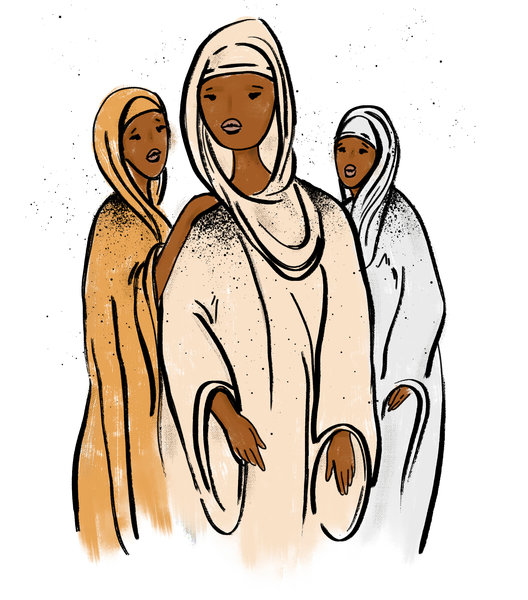
Although there are contradictory cultural practices in Sudan, some say that there is a new preference for modesty in weddings and a move away from old inherited beliefs, which do not complement the overall social and Islamic understanding of modesty. Dr Adlan said,
‘Eleven years ago, when I started as a makeup artist, there was a huge preference for more revealing and sleeveless/strapless wedding dresses more than the hijabi or modest ones. Conversely, nowadays, even if the brides are not hijabis, you would find the dresses are mostly with long sleeves, less cleavage showing, and a higher neckline.’
‘I would estimate that out of the 700 brides that I work with annually, 450 of them would be hijabis. This indicates a great preference nowadays for modesty and the act of wearing the hijab within Sudanese weddings in general,’ she added.
Furthermore, there is a trend which is now surfacing, namely that of segregated weddings. Nuha Khattab, a teacher in Sudan, has attended several segregated weddings in Sudan and thinks that there are a lot of options for brides to have a wedding that hosts only women and a few male relatives. Khattab herself had a segregated wedding. ‘When I organised my wedding, I made sure that it was segregated. The videography and the photography crew were all females and there was female security that guarded the wedding hall and ensured all phones were kept away. I think these services will allow several girls who would like to have a segregated wedding and feel comfortable without worrying about all the men invited to the wedding,’ she said.
‘I believe that many girls in Sudan now would like to plan for a segregated wedding but they will most likely face resistance from their relatives and get bombarded with comments such as “Why do you want to exclude your brothers, uncles and male cousins from your big day?!”. However, it is a personal choice that the girl should decide, not her surroundings,’ she explained.
The takeaway from the different comments and perceptions presented in this article is that, mostly, the choices of Sudanese women are hugely affected by the outer public eye and opinion. Whether a woman chooses to be more conservative or liberal in her physical appearance or belief system, or whether modesty is interpreted into diverse actions and appearances, it is all eventually controlled by a patriarchal perception – a patriarchal point of view that surprisingly both men and women seem to believe. This controversy will be tackled in part III of Modesty in Sudan Series.
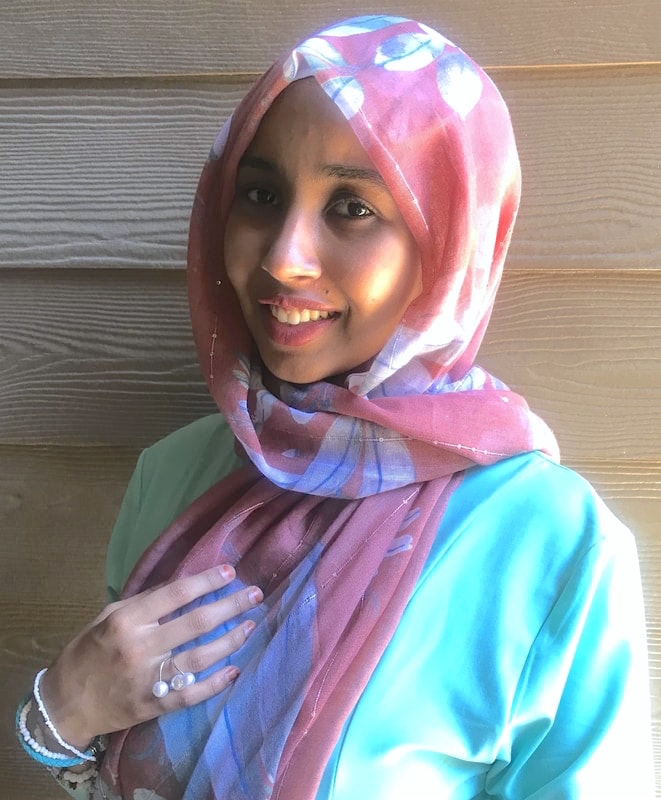
Sara Gabralla is a freelance journalist who is based in the USA and a former Public Relations Consultant. She studied journalism in the American University in Dubai and also a holder of The Middle Eastern Studies Certificate. Sara aims to shed light on stories about fashion, and cultural, religious and political issues within the Sudannese community and Diaspora, as well as issues of the Islamic community around the globe.

